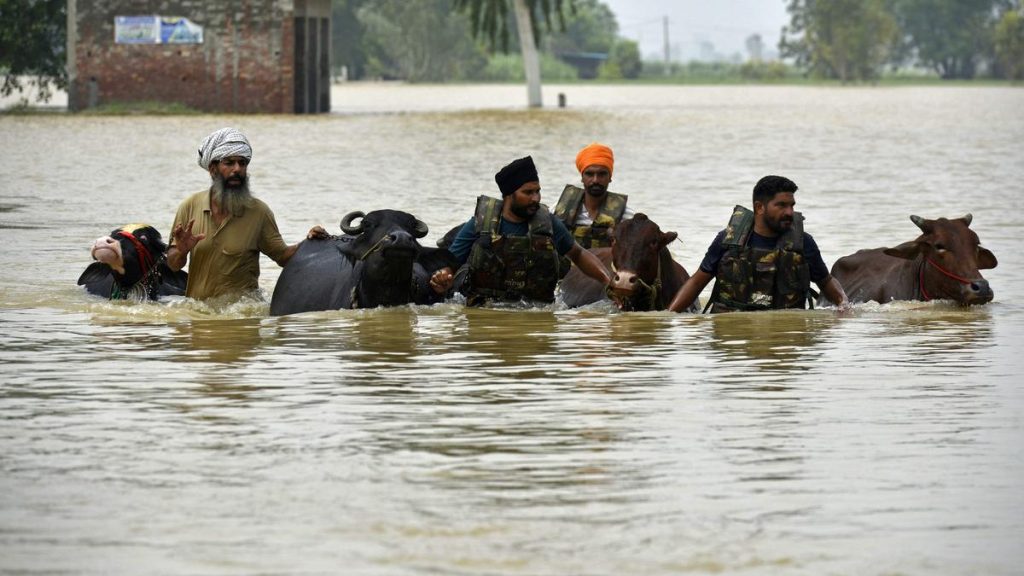Now Reading: Inclusive Approach Key to Science-Based Problem-Solving, Says Academic
-
01
Inclusive Approach Key to Science-Based Problem-Solving, Says Academic
Inclusive Approach Key to Science-Based Problem-Solving, Says Academic
Speedy Summary
- Manu Prakash, a professor of Bioengineering at Stanford University, delivered a lecture organized by the National Center for Biological Sciences (NCBS) and the Murty Trust in Bengaluru.
- Prof. Prakash emphasized science-based problem solving with an inclusive approach and advocated for access to appropriate tools across communities.
- He highlighted global challenges like Malaria that require attention while criticizing misplaced focus on less critical issues, such as self-driving cars dominating San Francisco streets.
- Known for pioneering the frugal science movement, Prof. Prakash shared insights into innovations like foldscope-a low-cost microscope-and how open-sourcing tools can enhance community health efforts globally.
- He stressed bridging gaps in scientific outreach so it thrives universally-including rural areas-urging collaboration among scientists and policymakers.
Indian Opinion Analysis
Prof. Manu Prakash’s address brings into focus India’s potential to promote inclusivity in scientific innovation amidst global health challenges like Malaria. His call for scalable solutions that empower community health workers is relevant, considering India’s shortage of medical professionals in comparison to its population size and diverse geography.
Tools like foldscope illustrate how low-cost innovations can democratize science education and healthcare diagnostics in underserved areas-a vital strategy given India’s ongoing push toward universal healthcare access thru initiatives like Ayushman Bharat.
Moreover, his emphasis on widespread participation-beyond urban centers-to foster scientific advancement aligns with India’s ambition to bridge rural-urban divides for lasting advancement outcomes while building grassroots capacity from policymaker-scientist collaboration.
Read more: full Article


